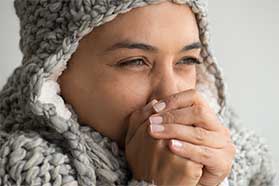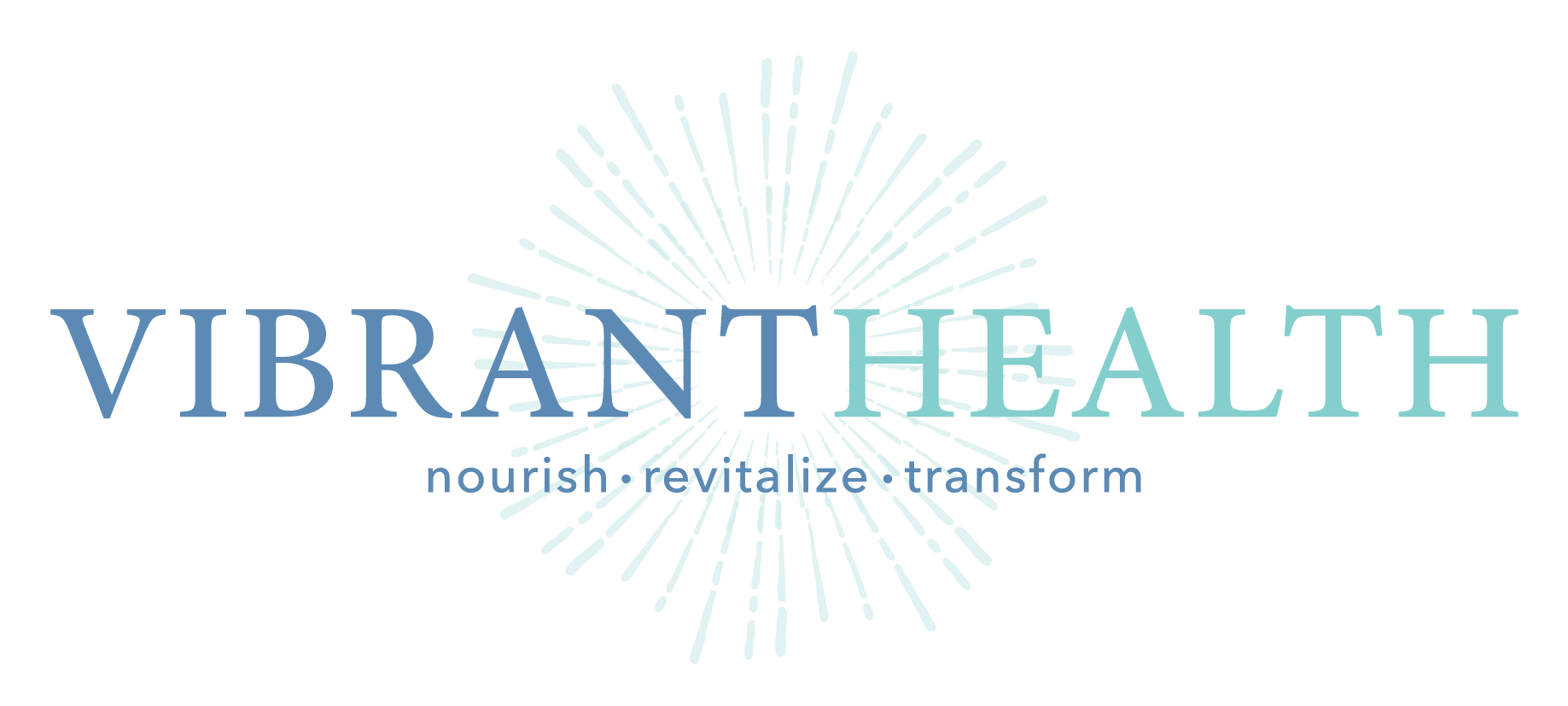Raynaud's Disease Treatment in Greenland, NH

Raynaud's syndrome, also known as Raynaud's disease or Raynaud's phenomenon, is a medical condition characterized by a numbing and cooling sensation of certain areas of your body—such as your fingers and toes—typically in response to cold temperatures or stress.
Commonly, Raynaud's syndrome causes smaller arteries that supply blood to your skin to narrow, limiting blood circulation to affected areas (vasospasm). An attack may be brought about by exposure to cold, such as putting your hands in cold water, taking something out of the freezer or encountering a burst of cold air. On the other hand, some people who are exposed to emotional stress may suffer an episode of Raynaud's. The disease more commonly occurs in women, and in people who live in colder climates.
If you are experiencing symptoms of Raynaud's disease, treatment is available to prevent complications and provide you relief. To schedule a consultation with a qualified healthcare provider in Greenland that specializes in Raynaud's disease treatment, call (207) 536-9661 or contact Dr. Johanna Mauss online.
Primary Vs Secondary Raynaud's Syndrome
There are two known types of Raynaud's syndrome. These are:
- Primary Raynaud’s disease, also known simply as Raynaud’s disease, refers to when the symptoms associated with the condition occur on their own, separate from any underlying conditions. Sometimes described as an “allergy to coldness,” primary Raynaud’s disease often develops in young women in their teens and early adulthood.
-
Secondary Raynaud’s disease, also known as Raynaud’s phenomenon, typically affects those aged around 40, and is frequently caused by an underlying problem or trigger, such as:
- Connective tissue diseases: in patients who develop Raynaud’s phenomenon, lupus and other diseases like rheumatoid arthritis, sjogren's syndrome and scleroderma (a rare disease in which hardening and scarring of the skin occurs) are common
- Artery diseases such as atherosclerosis (which causes plaque buildup in the blood vessels), Buerger's disease (which causes inflammation of the blood vessels in the hands and feet) and primary pulmonary hypertension
- Carpel tunnel syndrome
- Repetitive action or vibration (such as typing, playing the piano or other acts that involve similar movements carried out over long periods of time)
- Smoking
- Injuries to the hands or feet(such as wrist fracture, surgery or frostbite)
- Certain medications which cause blood vessels to narrow
Raynaud's Disease Symptoms
Depending on the severity, frequency and duration of blood vessel spasms you experience in relation to the condition, Raynaud's disease symptoms might include:
- Cold fingers or toes
- Color changes in your skin in response to cold or stress
- Numbing or stinging sensation upon warming or stress relief
The affected areas of your skin usually whiten during an attack, and then those areas turn blue and feel cold and numb. As circulation improves, the affected areas may redden, throb, tingle or swell. This sequence of color changing does not happen the same in all patients. In severe (albeit rare) cases of Raynaud's syndrome, blood circulation to your fingers and toes may permanently diminish, leading to deformities of the fingers and toes. On the other hand, if the arteries to an affected area becomes completely blocked, skin ulcers or dead tissue (gangrene) may develop, both of which are difficult to treat and require immediate treatment to ensure amputation doesn't become necessary.
Raynaud's Disease Diagnosis
To diagnose Raynaud's, your healthcare provider will likely ask you questions about your symptoms, medical history and conduct a physical examination. To rule out other medical problems that present symptomatically similarly, your healthcare provider will likely conduct a number of diagnostic tests. To distinguish, first, whether it is primary or secondary Raynaud's that ails you, your healthcare provider will likely perform an in-office capillaroscopy, a test in which your healthcare provider examines your nail fold (the skin at the base of your fingernail) under a microscope; tiny blood vessels (capillaries) near the nail fold that are enlarged or deformed may indicate an underlying disease. If it is a secondary disease that is causing your Raynaud's, your healthcare provider may recommend blood tests to uncover the underlying cause. These may include:
- Antinuclear antibodies test: a test that is positive for the presence of these antibodies could indicate a stimulated immune system, a common sign of those with connective tissue diseases or other autoimmune disorders.
- Erythrocyte sedimentation rate: a test to determine the rate at which red blood cells settle at the bottom of a tube. A faster-than-normal rate may indicate an underlying inflammatory or autoimmune disease.
Raynaud's Disease Treatment
For mild cases of Raynaud's, your healthcare provider may recommend dressing in layers, and wearing gloves and heavy socks, to help manage your symptoms. For more severe cases, Raynaud's disease treatment could include medications to reduce the number and severity of Raynaud's episodes you experience, to prevent damage and to treat the underlying disease or condition. These could include:
- Calcium channel blockers to relax and open the small blood vessels in your hands and feet, which can decrease the frequency and severity of the attacks you may experience.
- Alpha blockers to counteract the actions of norepinephrine, a hormone that constricts blood vessels.
- Vasodilators to relax your blood vessels.
In some cases, surgery may offer more relief than a medication treatment plan. Surgical approaches could include:
- Nerve surgery to cut nerves called sympathetic nerves in the hands and feet that control the opening and narrowing of blood vessels in your skin and may be to blame for their exaggerated response.
- Chemical injection such as a local anesthetic or onabotulinumtoxin type A (Botox) to block sympathetic nerves in the affected hands and feet.
It is important to meet with a healthcare provider who can uncover the root of your Raynaud's syndrome. Schedule a consultation with a qualified healthcare provider in Greenland that specializes in Raynaud's phenomenon treatment and Raynaud's disease treatment. Call (207) 536-9661 or contact Dr. Johanna Mauss online.
Vibrant Health Natropathic Medical Center
Address
3 Riverside DriveGreenland, NH 03840
(207) 536-9661
vibranthealthnaturalmedicine.com/
Hours
Mon:
8:30 am - 5:00 pm
Tue:
9:00 am - 5:00 pm
Wed:
10:30 am - 5:00 pm
Thu:
9:00 am - 5:00 pm
Fri:
10:00 am - 4:00 pm
Sat:
Closed
Sun:
Closed


